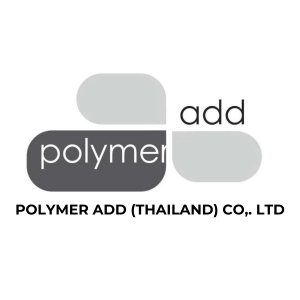Bentonite is utilized in adhesives for several reasons, owing to its unique properties. Here are some of the main ways in which bentonite is used in adhesive formulations:
Thickening Agent
Bentonite functions as a thickening agent in adhesive formulations. When dispersed in water or solvent-based adhesive systems, bentonite forms a gel-like structure, increasing viscosity and improving the adhesive’s ability to hold its shape and adhere to surfaces without running or dripping.
Rheology Modifier
The thixotropic nature of bentonite gel allows it to adjust the flow properties of adhesives. It provides shear thinning behavior, meaning the adhesive flows more easily under shear stress (such as during application), but thickens or gels when the stress is removed, preventing sagging or dripping.
Suspension Agent
Bentonite acts as a suspension agent in adhesive formulations, preventing settling of solid particles and improving stability. It helps keep fillers, pigments, or other additives uniformly dispersed throughout the adhesive matrix, ensuring consistent performance and avoiding sedimentation issues.
Adhesive Strength Enhancement
Bentonite can enhance the adhesive strength of formulations by improving the wet tack and adhesion properties. It helps promote better bonding between the adhesive and the substrate, increasing the overall strength and durability of the adhesive joint.
Moisture Retention
Bentonite’s ability to absorb and retain moisture can be beneficial in certain adhesive applications. It helps prolong the open time of water-based adhesives, allowing for extended working time before the adhesive sets, and can also improve adhesion to porous substrates by facilitating moisture uptake.
Sealing and Filling Properties
In some adhesive applications, bentonite is used for its sealing and filling properties. It can help fill voids, gaps, or cracks in substrates, providing improved bonding and sealing capabilities, particularly in construction adhesives or sealants.
Overall, bentonite offers versatility and functionality in adhesive formulations, contributing to improved viscosity control, adhesive strength, stability, and performance characteristics. Its use in adhesives spans various industries, including construction, automotive, packaging, woodworking, and consumer goods.
